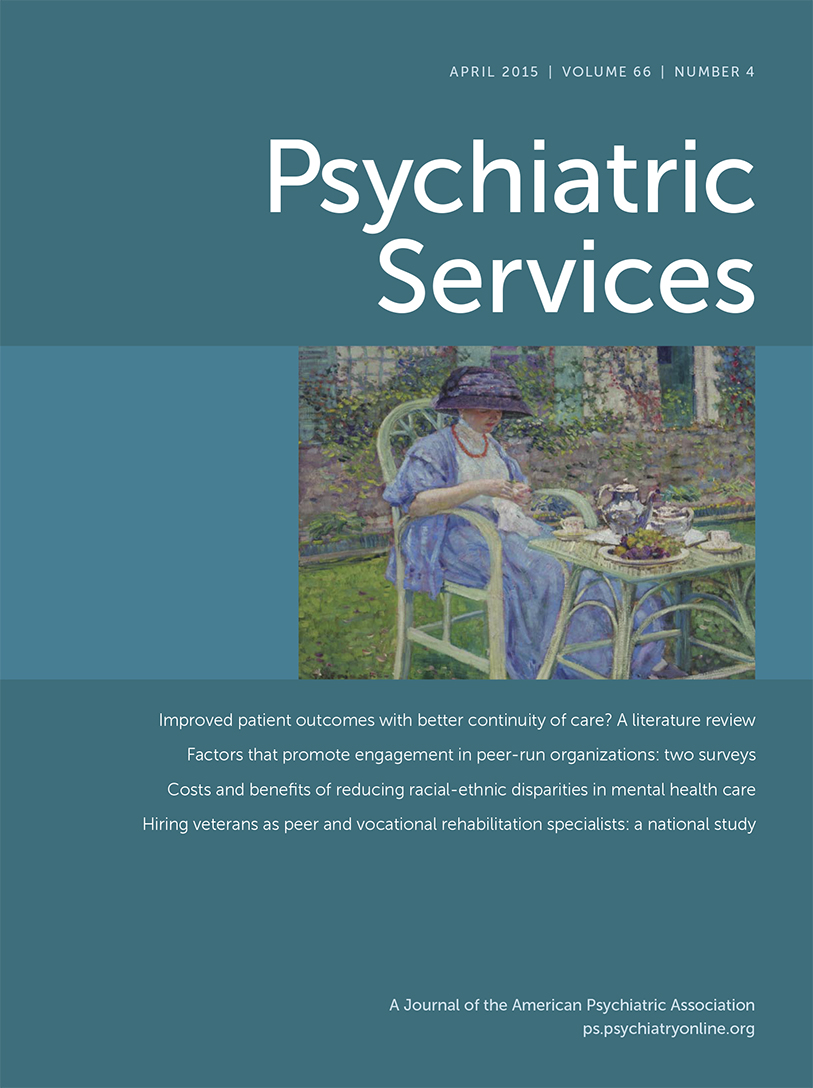National Estimates of Behavioral Health Conditions and Their Treatment Among Adults Newly Insured Under the ACA
Abstract
Objective:
Approximately 25 million individuals are projected to gain insurance as a result of the Affordable Care Act (ACA). This study estimated the prevalence of behavioral health conditions and their treatment among individuals likely to gain coverage.
Methods:
Pooled 2008–2011 National Survey on Drug Use and Health data for adults (ages 18–64) were used. Estimates were created for all adults, current Medicaid beneficiaries, and uninsured adults with incomes that might make them eligible for the Medicaid expansion or tax credits for use in the health insurance marketplace.
Results:
Individuals who may gain insurance under the ACA had lower rates of serious mental illnesses (5.4%, Medicaid expansion; 4.7%, marketplace) compared with current Medicaid beneficiaries (9.6%). They had higher rates of substance use disorders (13.6%, Medicaid expansion; 14.3%, marketplace) compared with Medicaid recipients (11.9%).
Conclusions:
There is significant need for behavioral health treatment among individuals who may gain insurance under the ACA.



